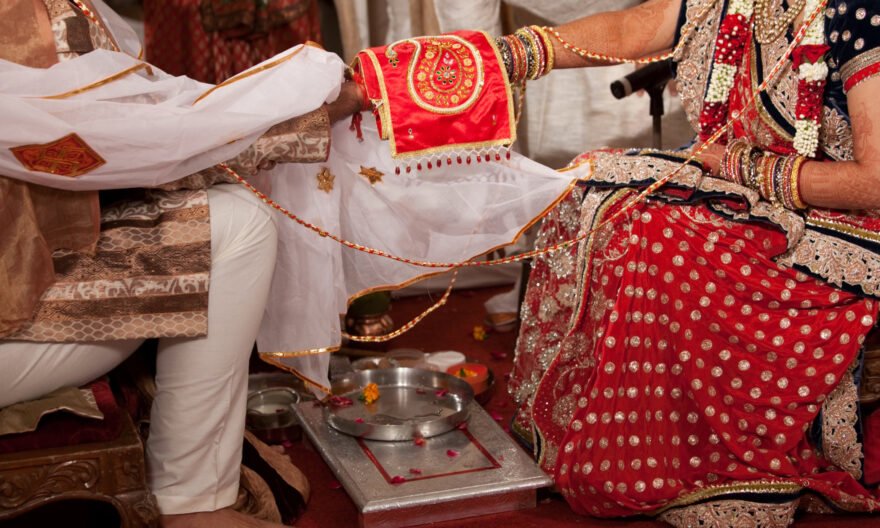
The recent Supreme Court ruling emphasizes the indispensability of ceremonial rites for a valid marriage under the Hindu Marriage Act, rejecting the notion that a mere certificate would suffice. Justices BV Nagarathna and Augustine George Masih clarified that without the requisite ceremonies, no marital status is conferred upon the couple.
Upholding Tradition: Importance of Section 7 Rites
Highlighting Section 7 of the Act, the Court stressed that valid Hindu marriages need the performance of essential ceremonies. Absent these rituals, any certificate issued lacks legal weight and fails to establish marital status. The Court’s stance underscores the importance of upholding traditional customs in Hindu marriages, ensuring clarity and legitimacy in matrimonial unions.
Invalidation of Marriage without Ceremonial Solemnization
The Court clarified that for a marriage to be recognized as Hindu under the Hindu Marriage Act, it must adhere to the prescribed rites and ceremonies. In a recent case, where the couple had only registered their marriage but not solemnized it as per Hindu rituals, the Court invalidated the union. Despite obtaining a “marriage certificate” under Section 8 of the Act, the Court ruled that without proper ceremonial marriage, registration alone does not confer legitimacy. Consequently, divorce, maintenance, and criminal proceedings against the couple were quashed as their marriage was not legalized under the Act.
Confirmation of Ceremony under Section 8
The Bench clarified that the registration of a marriage under Section 8 of the Act simply confirms that the couple has undergone a valid marriage ceremony as per Section 7 of the Act. It emphasized the significance of marriage in its decision, expressing concern over the increasing trend of marriages being registered without the necessary ceremonies outlined in the Hindu Marriage Act.
Discouraging Paper Marriages
The Court criticized the practice of young couples seeking marital status through mere paperwork, without a proper ceremony. It discouraged parents from endorsing such unions, particularly for expedited Visa applications or other reasons related to emigration. Highlighting the potential consequences of such actions, the Court questioned the legal and societal status of couples who forego proper marriage ceremonies.
Sacred Nature of Hindu Marriage
The Supreme Court highlighted the sacred nature of Hindu marriage, emphasizing its role in creating a lifelong, dignified, and equal union between two individuals. It stated that marriage not only facilitates procreation and strengthens family bonds but also has spiritual significance, offering salvation when conducted with proper rituals.
The Court urged young people to reflect on the meaning of marriage and how they approach it. It emphasized that marriage should not be reduced to extravagant celebrations or material transactions like dowry exchange. Instead, it should be solemnized with sincerity and adherence to traditional rituals.
Reflecting on Marriage
Furthermore, the Court stressed the importance of following Hindu marriage rituals diligently rather than trivializing them. It emphasized that the promises made during the marriage ceremony lay the foundation for a lifelong commitment between spouses. By honoring these commitments, the Court suggested, the incidence of divorce or separation could be reduced significantly.
Read More: Supreme Court, Delhi High Court, States High Court, Other Courts, International





